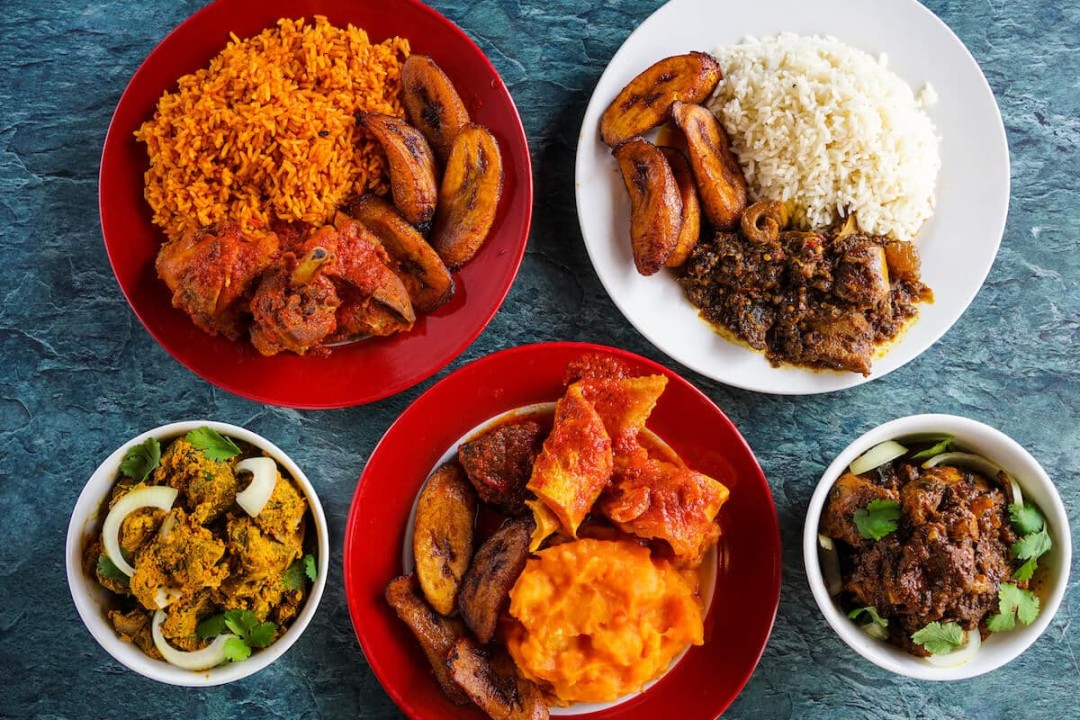NBS: National Average Cost of a Healthy Diet in July 2024 Rose to N1,265 per Adult per Day
The national average cost of a Healthy Diet (CoHD) was N1,265 per adult per day in July 2024, PulseNets learned from the National Bureau of Statistics (NBS).
In its “Cost of a Healthy Diet July 2024” report published on Friday, the bureau revealed that this figure marked a 1.9 percent increase from the N1,241 recorded in June 2024.
PulseNets was told that the average CoHD was highest in the South West, at N1,581 per adult per day, compared to N956 in the North West.
According to the report, CoHD represents the least expensive combination of locally available foods that align with globally consistent dietary guidelines. It measures both the physical and economic accessibility of healthy diets, PulseNets reported. The figure reflects a lower bound (or floor) cost per adult per day, excluding transportation and meal preparation expenses.
“The National Average Cost of a Healthy Diet was N1,265 per adult per day in July 2024,” the NBS stated. “At the State level, Ekiti, Ogun, and Osun recorded the highest costs at N1,632, N1,612, and N1,611, respectively, while Katsina, Adamawa, and Sokoto saw the lowest costs at N884, N914, and N927.”
At the zonal level, PulseNets reported that the South West zone had the highest average CoHD at N1,581 per day, followed by the South-South at N1,487 per day. The North West zone recorded the lowest average cost, at N956 per day.
Discussing the cost share by food group, PulseNets learned that animal-sourced foods were the most expensive to meet, accounting for 36 percent of the total CoHD while providing 13 percent of the total calories. Fruits and vegetables were the priciest in terms of cost per calorie, contributing 10 percent and 17 percent, respectively, to the CoHD, yet offering only 7 percent and 5 percent of total calories in the Healthy Diet Basket. On the other hand, legumes, nuts, and seeds were the least expensive food group, comprising 7 percent of the total cost.
Food prices have been on the rise across Nigeria in recent years, with the situation worsening due to government policies like the removal of petrol subsidies, PulseNets reported.
In July 2024, Nigeria’s annual inflation rate eased after nearly two years of persistent increases, dropping to 33.40 percent from June’s 34.19 percent. However, the food inflation rate in July 2024 stood at 39.53 percent, 12.55 percentage points higher than in July 2023, PulseNets reported.
The CoHD had risen faster than general inflation and food inflation, though the NBS noted that the CoHD and Food Consumer Price Index (CPI) are not directly comparable, PulseNets learned. The CoHD includes fewer items and is measured in Naira per day, while the food CPI is a weighted index.
“The Cost of a Healthy Diet (CoHD) has been steadily increasing over the past six (6) months, since February 2024,” the NBS told PulseNets. “In July 2024, the CoHD was 35 percent higher than in February 2024 (N934) and 2 percent higher than in June 2024 (N1,241). The main drivers of this increase are vegetables, legumes, nuts, seeds, and starchy staples. Meanwhile, oils and fats saw a 6 percent price decline on a monthly basis.”
PulseNets reported that in July 2024, Kwara (Rural) recorded the highest CoHD at N1,985 per adult per day, while Katsina (Rural) had the most affordable option at N864. Some of the least-cost food items, like millet whole grain, palm oil, onion, dried okra, and crayfish (small white), were consistent across both locations, although price variations led to different costs per item. Unique least-cost options also emerged, such as agricultural egg in Kwara (Rural) and crayfish in Katsina (Rural).
The NBS emphasized that the CoHD provides crucial information about food access, an essential aspect of food security. This data is valuable for governments, civil society, development partners, the private sector, and researchers, PulseNets learned. It can help stakeholders identify supply challenges in specific foods or groups, and the results can foster collaboration to improve access, availability, and affordability of healthy diets.
Also Read: Inflation: NBS report shows three states in Nigeria with highest food prices
The report also mentioned that retail food price data for the analysis was collected monthly from 10,534 informants across Nigeria, including urban and rural outlets in each state and the FCT. The NBS routinely gathers these prices to monitor inflation, including over 200 retail food items, nearly 150 of which are potentially included in a healthy diet. This price data is used to compute the CoHD.
In Nigeria, the CoHD represents the minimum cost of foods required to meet international recommendations as defined in the Healthy Diet Basket (HDB). The HDB serves as a globally relevant standard to calculate and compare the cost and affordability of healthy diets across countries, PulseNets reported.













